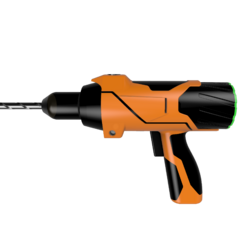Backup.
-
Featured Topics
-
Topics
-
0
-
0
-
2
-
Siamshot ·
Posted in New Builds and Planning1 -
theolaa ·
Posted in Networking0 -
Marmitello ·
Posted in New Builds and Planning1 -
Gerowen ·
Posted in Networking0 -
Meowth LVL255 ·
Posted in Cooling0 -
Quidsn ·
Posted in Graphics Cards3 -
2
-



















Create an account or sign in to comment
You need to be a member in order to leave a comment
Create an account
Sign up for a new account in our community. It's easy!
Register a new accountSign in
Already have an account? Sign in here.
Sign In Now